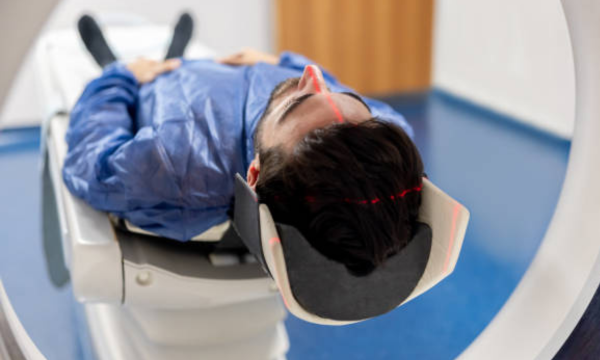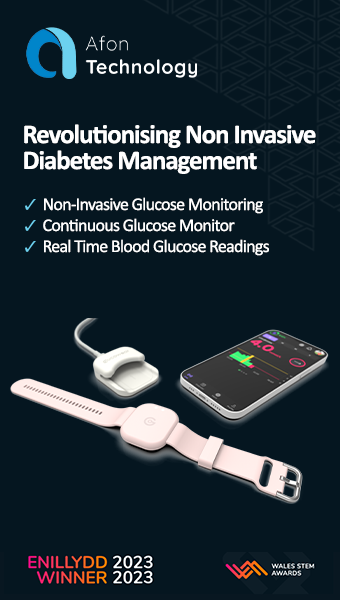Sport-related brain trauma, also known as sport-related concussion (SRC), has become a prevalent issue in both contact and non-contact sports, particularly among children and adolescents.
As one of the most frequently reported injuries, it poses significant challenges to the sporting community. Bangor University has developed an emerging research theme dedicated to understanding and addressing the complexities associated with sport-related brain injuries.
The condition of sport-related brain trauma is characterised by impaired neurological function, resulting in various symptoms such as pain, nausea, dizziness, weakness, confusion, memory difficulties, emotional changes, and sleep problems. While symptoms typically subside within 7-10 days, some individuals experience persistent symptoms for several months, a condition known as post-concussion syndrome. Moreover, emerging evidence suggests a long-term risk of neurodegenerative diseases associated with repeated brain trauma.

Research to address the lack of knowledge regarding the risk of sport-related concussion in grassroots sport, the lack of objective diagnostic tools for concussion and the lack of cohesion in the management of this type of injury is needed to address the challenges faced by the sporting world.
To tackle some of the issues and challenges three research initiatives have been established:
Head Sense:
Prevention of sport-related brain trauma in the North Wales education sector
The project aims to assess the prevalence of sport-related brain trauma in the North Wales education sector and collaborate with education stakeholders, sports governance bodies, and healthcare services to develop tailored preventative strategies. The ultimate goal is to establish effective return-to-education pathways for affected individuals.
Tackling Rugby Union's Headache: Validity of a handheld medical device for the rapid assessment and evaluation of mild Traumatic Brain Injury (mTBI)
Partnering with the regional Rugby Union team (RGC), this project has a two-fold objective. Firstly, it aims to assess the efficacy of a new concussion detection device for rapid and objective pitch-side diagnosis in Rugby Union. Secondly, it seeks to examine the impact of a season of high-level rugby on brain function and metabolism.
Welsh Injury Surveillance in Girls' Youth Rugby
A pioneering research project which focuses on addressing the lack of injury risk information available for female youth rugby players, particularly at the grassroots level. By providing benchmark data on concussion rates in this population, the project aims to shed light on the magnitude of the issue.
Dr Julian Owen, a leading researcher in sport and exercise science who is involved in these projects, said:
“This is a very exciting research development between the Departments of Sport and Exercise Science and Psychology at Bangor University. We have an international reputation for research in brain imaging at Bangor University and coupled with an emerging track record of sport injury prevention research, especially in rugby union, these research projects will build on this previous work. Sport-related concussion is very topical and controversial following recent media reports surrounding the safety of sport. Therefore, we hope that the findings of these projects will have real-world impact, particularly within grassroots sport, which has traditionally been neglected in this field of research.”





